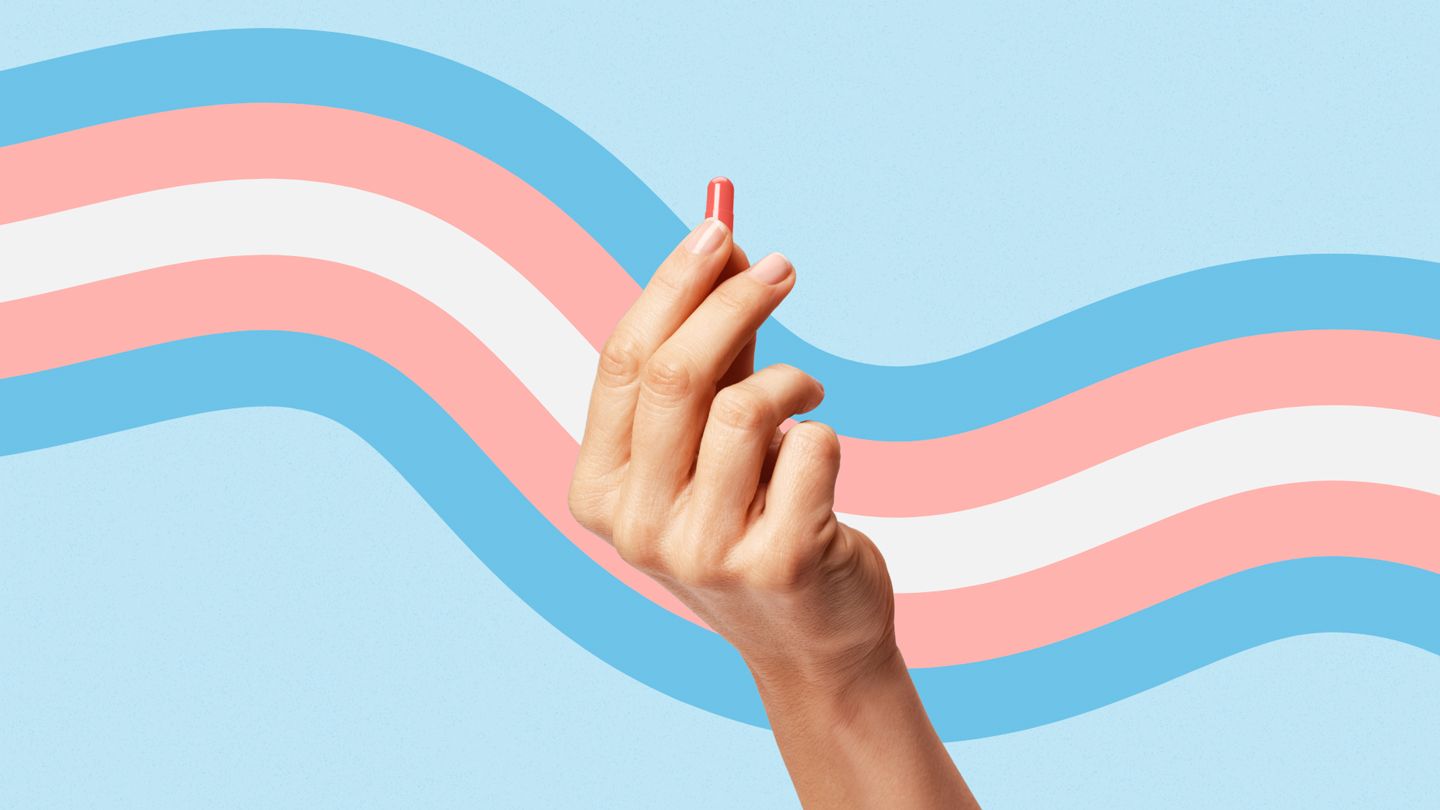The risk of moderate to severe depressive symptoms dropped by 15 percent over four years of follow-up, says the lead author of the study, Sari Reisner, ScD, an associate professor of epidemiology at the school of public health at the University of Michigan in Ann Arbor.
The findings support the idea that hormone therapy has mental health benefits and add to existing evidence that shows treatment may be medically necessary to improve the mental health of people who seek it, says Dr. Reisner.
What Is Gender-Affirming Hormone Therapy?
Transgender people identify with a different gender from the sex they were assigned at birth. Hormone therapy helps align physical characteristics with gender identity, says Reisner.
Transgender Women Face the Highest Risk of Depression
The study followed about 3,600 trans adults receiving primary care at federally qualified health centers in Boston and New York. Participants were between ages 24 and 36. Race and ethnicity was diverse, with 63 percent white, 16 percent Hispanic or Latinx, 12 percent Black, 7 percent multiracial, 1 percent Asian or Pacific Islander, and 1 percent other races.
At the start of the study, 15.3 percent of participants had moderate to severe depressive symptoms. Over four years of follow-up, those receiving gender-affirming therapy saw their odds of experiencing such symptoms drop by about 15 percent.
The risk of depressive symptoms was higher for transgender women and nonbinary individuals assigned female at birth than transgender men. Those who had public insurance rather than private and had the lowest federal poverty level were also more likely to experience depression.
The study’s findings support the positive impact of hormone therapy on mental health, says Reisner.
“They also highlight the importance of models of care that provide hormones in primary care settings, low-barrier access to hormones, and integration of hormones into primary care with other services to address the pervasive mental health inequities that trans people experience,” he says.
Trans People Are at Extremely High Risk of Depression and Suicide
“This is a public health crisis. Trans people are literally dying. There is an urgent need — now more than ever — to care for us, support us, and ensure we have the lifesaving care that we deserve and need to thrive,” says Reisner.
Gender Dysphoria Can Negatively Impact All Aspects of Life
While the study wasn’t designed to look at why hormone therapy might reduce depression risk, the authors suspect that it’s due to the physical changes brought on by the therapy that make a person feel their body is more in alignment with their gender identity.
“Gender dysphoria is real. If an individual is unable to achieve congruence with their gender identity and physical appearance, it’s very likely to negatively impact their self-confidence,” says Grace Evins, MD, a gynecologist who provides care to trans women and men and gender-nonconforming people in Asheville, North Carolina. Dr. Evins was not involved in the research.
If a person is insecure about their sense of self, it can negatively impact all aspects of life, she says. “It threatens their ability to form and achieve their life goals, while also significantly impacting their relationships and social networks,” says Evins.
Gender-Affirming Care Is Under Threat
The findings come at a time when more states are banning or severely restricting gender-affirming healthcare.
If gender-affirming therapy is medically indicated but denied, the rates of substance abuse, depression, and suicide rates in the trans community could rise even higher, says Evins.
“Hormones play a vital role in the mental health of trans people who need them,” says Reisner. “This is not a political issue. Public health serves the public and we have an ethical mandate to all members of the public — including trans people — to provide appropriate healthcare that reduces mental health morbidity and mortality.”
Read the full article here




